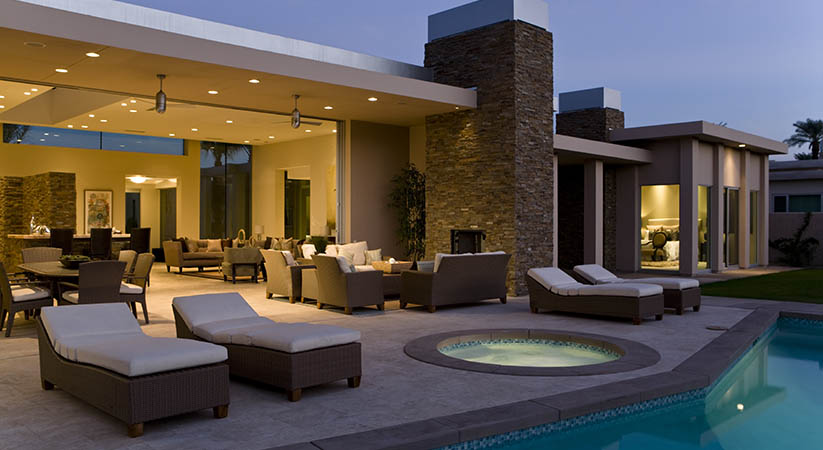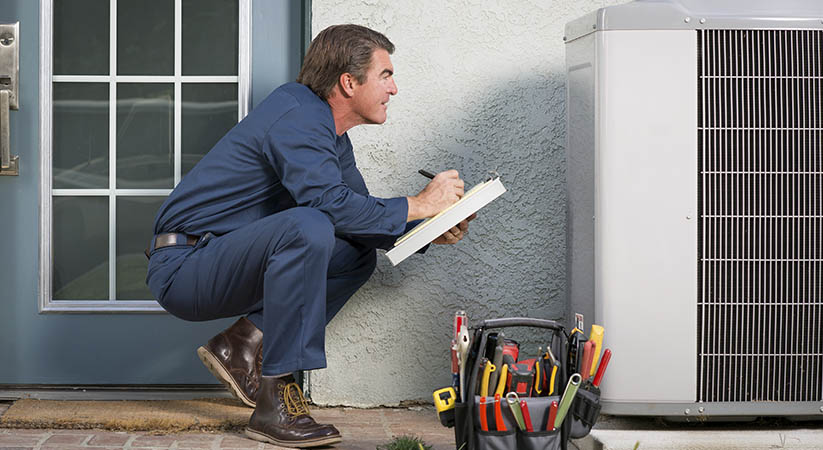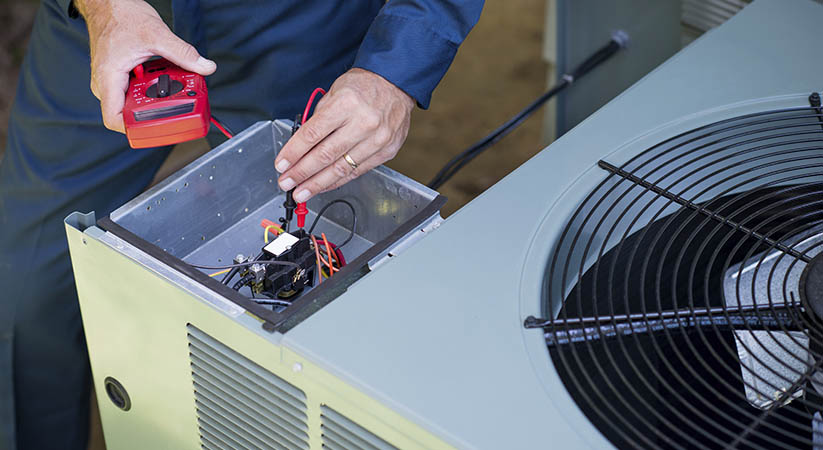Having a swimming pool in your backyard can be a great luxury. But there is a problem, the outdoor swimming pools must be closed when the cold weather approaches. If you hate closing your pool after just a few months of warm weather, you can consult with a swimming pool builder for an indoor pool.
Here are some of the pros and cons of indoor swimming pools.
Pros of Indoor Swimming Pools
There are many pros/benefits of having an indoor swimming pool built inside your house. Some of them are mentioned below.
Year-Round Usage
If you’re living in an area where the warm weather season is very brief, then you can benefit the most by having a pool that you can use year-round (12 months). The investment might be a bit higher, but it will cover its cost by needing less maintenance, and by being open 12 months of the year.
Low Maintenance Need
As we already mentioned above, the indoor pool requires lesser maintenance as compared to the outdoor ones. There are almost no leaves and insects to deteriorate the quality of water, and so, the need of skimming decreases. Since almost no dirty air from outside touches the water inside, you can limit, if not eliminate the growth of algae. The swimmers won’t take grass and dirt into the water, and there will be no damage caused to the pool by sunscreen. This may also reduce any mortar cracks and the need for frequent repairs
No Sunburns
Having a pool built inside the house is actually pretty great. You won’t have to be conscious about getting sunburn, and there will be no need to have sunscreen on your body. So, you can enjoy indoors without caring about the sun.
Better Privacy
Some people do enjoy the outdoors, but that’s not everyone. Some people are less social when it comes to swimming in the pool, or taking a nap in the water. In this case, an indoor swimming pool is your best choice to keep all the unwanted eyes out. This increases your privacy standard.
Safety
An outdoor pool is in no ways safe from strangers. A sneaky trespasser can get into your pool and use it without you even knowing. So, the best way to keep your pool safe from strangers is getting it built indoors.
Cons of Indoor Swimming Pools
While they can be safer, well-maintained, private, and available year-round, the indoor swimming pools do have some cons.
Here are some disadvantages of building an indoor swimming pool.
High-Humidity Level
Because they have lots of water in them, pools lose lots of moisture into the air, even when properly covered. With an outdoor swimming pool, this isn’t a problem at all, but with the indoor ones, this can be a big issue. To keep the humidity level of your pool down, you’ll need to use specialized equipment.
Initial Cost
The initial cost of building an indoor pool can be considerably higher as compared to building an outdoor one. Additionally, you’ll need to have lots of vacant indoor space to get the pool built.
What Is the Cost of An Indoor Pool?
An indoor pool, along with all the needed equipment, and the structure surrounding it, can cost you up to $190,000. This cost includes several different parts that you’ll have to invest in to get a perfect indoor pool built for yourself and your family.
This might seem like a crazy amount of money for a pool, but consider the fact that you’ll be able to use the pool year-round, which is a great luxury to have.
ROI on an Indoor Pool
A swimming pool, whether indoor or outdoor, can add up to 5% to 10% of extra value to your house. This value is suggested by trusted real estate agents working in the industry for many years.
So, we can say that the ROI on a pool is considerably less as compared to what you’ll have to spend to get the pool built. So, if you’re planning to sell your house anytime near in the future, then investing in an indoor pool probably won’t be the right choice. You should consider every different aspect before investing in an indoor pool including the cost and work of the pool contractor you’ll hire. lagrass



